Uncategorized
-
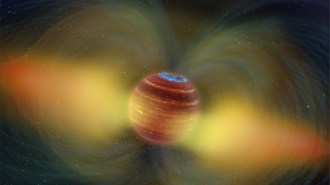 Astronomy
AstronomyThe first radiation belt outside the solar system has been spotted
Encircling a Jupiter-sized body about 18 light-years from Earth, the radiation belt is 10 million times as bright as the ones around Jupiter.
-
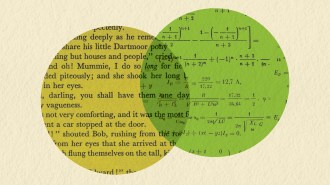 Math
Math‘Once Upon a Prime’ finds the hidden math in literature
In her new book, mathematician Sarah Hart explains how math shapes all sorts of literary works, from nursery rhymes to Moby-Dick.
By Anna Demming -
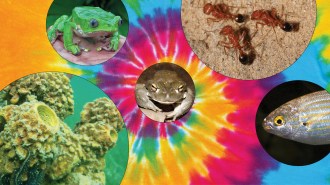 Animals
AnimalsThe Sonoran Desert toad can alter your mind — it’s not the only animal
Their psychedelic and other potentially mind-bending compounds didn't evolve to give people a trip.
-
 Climate
ClimateThere’s good and bad news with California’s electric vehicle program
The electric vehicle program is reducing carbon dioxide emissions but also shifting the pollution burden to the state’s most disadvantaged communities.
-
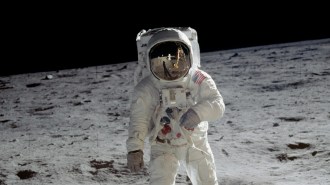 Space
Space50 years ago, cosmic rays may have caused Apollo astronauts to see lights
Apollo astronauts reported seeing flashes of light where there were none. Fifty years later, the flashes still mess with modern astronauts’ vision.
-
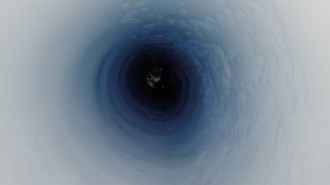 Life
LifeIn one lake deep under Antarctica’s ice, microbes feast on ancient carbon
Microorganisms living in a lake beneath the ice sheet in West Antarctica feed on ocean carbon that was deposited 6,000 years ago.
By Freda Kreier -
 Astronomy
AstronomyA reappearing supernova offers a new measure of the universe’s expansion
Supernova Refsdal blew up once but burst into view at least five times. The timing of its appearances provides clues to how fast the universe is growing.
-
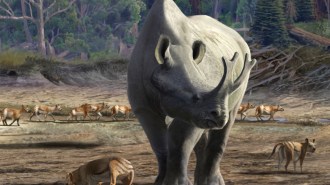 Paleontology
Paleontology‘Thunder beast’ fossils show how some mammals might have gotten big
Rhinolike mammals called brontotheres repeatedly evolved into bigger and smaller species, a fossil analysis shows. The bigger ones won out over time.
By Elise Cutts -
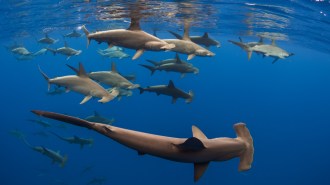 Animals
AnimalsWhy some hammerhead sharks seem to ‘hold their breath’ during dives
Scalloped hammerhead sharks in Hawaii seem to limit the use of their gills during deep dives to prevent losing heat to their surroundings.
By Freda Kreier -
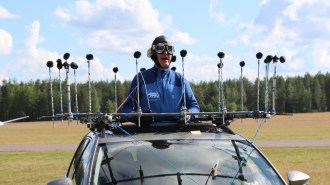 Physics
PhysicsScience explains why shouting into the wind seems futile
Sending a sound upwind, against the flow of air, makes the sound louder due to an acoustical effect called convective amplification. Sound sent downwind is quieter.
-
 Tech
TechA flower-shaped soft robot could make brain monitoring less invasive
Once inserted in the skull, the device unfurls flexible sensors that can monitor the brain's electrical activity less invasively than current methods.
By Bob Hirshon -
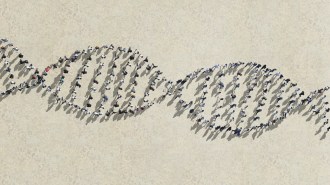 Life
LifeThe new human pangenome could help unveil the biology of everyone
The deciphered DNA includes never-before-explored parts of the genome and better represents the genetic diversity of all humans.